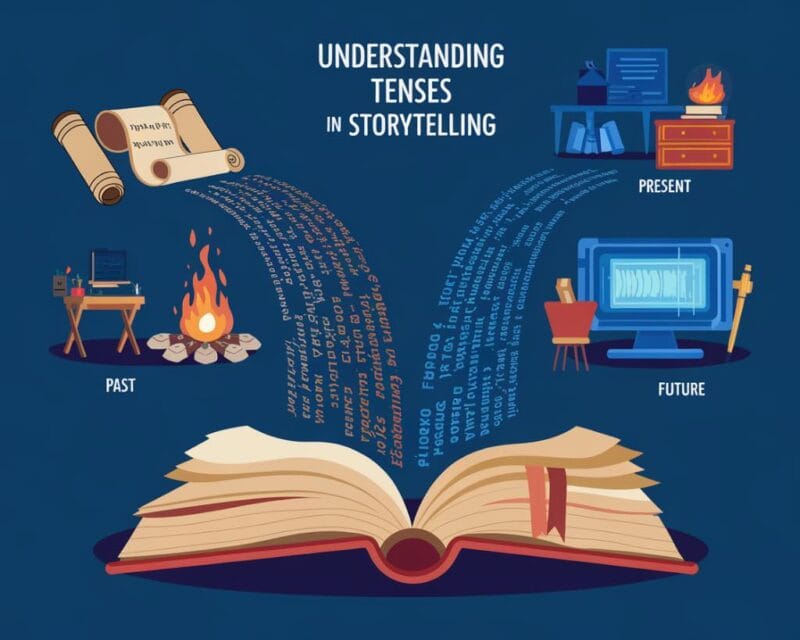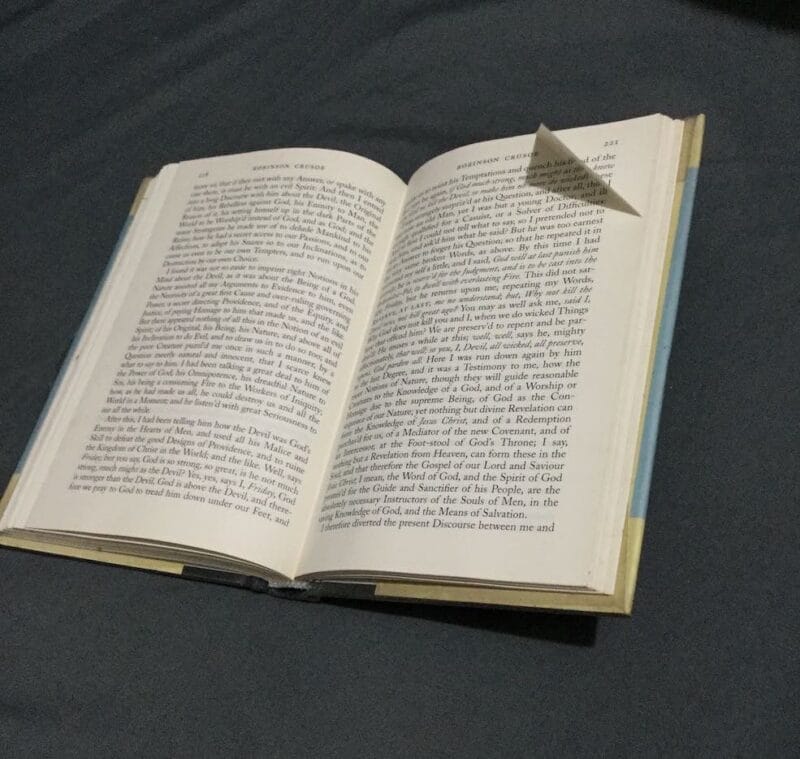An aphorism is a short, standalone statement that expresses a general truth, a keen observation, or a philosophical insight. Unlike a proverb, which tends to sound like communal wisdom, an aphorism often carries the stamp of a single author’s voice.
That distinct voice is part of the appeal, but so is the effect. Its strength lies in being compact, often clever, and usually memorable. And yet a single line often lands harder than whole pages of prose. Writers have known this for centuries. Aphorisms demonstrate how a carefully constructed sentence can sustain an entire worldview within a narrow span.
That range is part of their power. Some aphorisms are witty, while others are stark. They all rely on compression. The word itself comes from the Greek aphorismos, meaning a clear definition or distinction. That origin fits nicely: a good aphorism is a sharp line drawn in thought.
Aphorisms in Classical Literature
Writers have been distilling truth into single lines long before social media made brevity fashionable. Consider François Duc de La Rochefoucauld. His Maxims (1665) pulls no punches: “We are more humiliated by the least infidelity towards us, than by our greatest towards others.” In just one sentence, he cuts to the core of human nature.
Blaise Pascal, too, left behind sharp, forceful lines: “The heart has its reasons, which reason does not know.” It reads like the start of a novel, but it ends there. Oscar Wilde, in contrast, used aphorisms to expose social vanities with elegance and bite. His lines sparkle with mischief and precision: “The only way to get rid of a temptation is to yield to it.”
These writers weren’t summarizing ideas—they were crystallizing them. That’s what sets the aphorism apart.
Modern Uses and Shifts
The aphorism didn’t die in the 1800s. It took on new roles in the twentieth century, and it hasn’t lost relevance in the twenty-first. Joan Didion had a rare gift for slipping aphorisms into personal narratives. In her book of essays The White Album (1979), she writes, “We tell ourselves stories in order to live.” That sentence does more than introduce an essay. It holds the entire idea in place.
Didion wasn’t alone. James Baldwin had a rare talent for turning emotional pressure into precision. In “Letter from a Region in My Mind,” first published in The New Yorker in 1962 and later collected in The Fire Next Time (1963), he writes, “To accept one’s past, one’s history, is not the same thing as drowning in it; it is learning how to use it.” The sentence doesn’t flatten pain but clarifies how it might be carried. That’s an aphorism, not just a quote.
Others took the form in different directions. Toni Morrison often threaded them into dialogue and exposition, slipping whole philosophies into a single beat of prose. Other writers, such as Susan Sontag, and poets, like Louise Glück, have worked within this compressed form, dropping lines that seem minor at first, only to resurface pages later with new meaning.
Today, aphorisms live on in memoirs, essays, autofiction, and even in the clipped language of social media and marginalia. What matters is not the format, but the moment the sentence pulls away from its paragraph and stands on its own.
Why They Work
In literature, aphorisms signal control. Writers use them to land hard truths without ornament. They break the rhythm of prose in a way that makes readers pause, sometimes more than they would at the end of a chapter.
An aphorism can echo in the mind longer than the plot. A writer who drops an aphorism knows when to stop, because they know that saying less is not a weakness—it’s precision. It’s often what gets underlined, shared, or memorized. They aren’t just quotable lines—they’re pivotal points in a narrative.
Further Reading
‘A rose with a thousand petals’ … what makes an aphorism – and is this a golden age? by Sam Leith, The Guardian
In Praise of the New Aphorism, No Longer Just For Great Men by Kristen Martin, Literary Hub
Whither the aphorist? on Reddit




